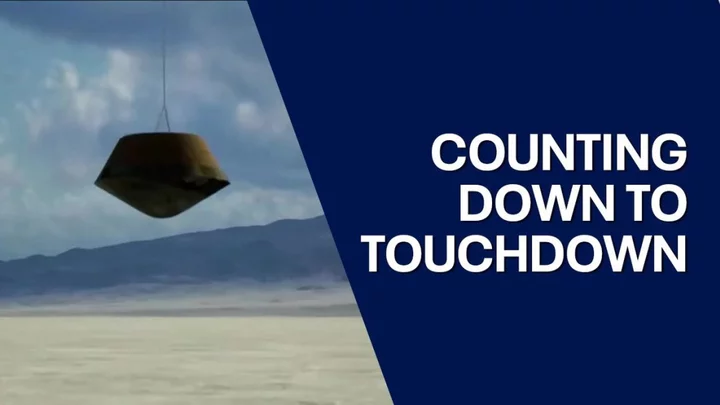A Vatican astronomer has come to the help of NASA with a historic mission to study an asteroid.
Meteorite expert and Vatican astronomer, Jesuit Brother Bob Macke, came to the aid of the US space agency after building a custom device that would allow the study of material of a sample collected from an asteroid.
The mission is that of the unmanned spacecraft, Osiris-Rex, which was launched in 2016 in order to collect samples on an asteroid named Bennu.
Bennu is located close to Earth and Osiris-Rex successfully collected a cup of material from the asteroid in 2020. Now, the vessel is approaching Earth and is due to release the sample in a return capsule on 24 September before continuing its orbit of the sun.
Macke was contacted by the lead of the mission’s sample analysis working group, Andrew Ryan, who asked him to build the device that was needed in order to analyse the sample of the Bennu asteroid.
The device has been devised so that it can analyse the density and porosity of the samples to help identify the make up of the asteroid surface.
It is known as a pycnometer and NASA has strict requirements for the device, though other companies contacted were not willing to custom make one.
Macke, however, took up the task and was able to build it in five weeks thanks to the assistance of students at the University of Arizona who collaborate with the Vatican Observatory’s advanced technology telescope in Tucson.
In March it was delivered to the NASA Johnson Space Center in Houston for a test run and is hoped to be used for the real thing when the sample arrives from space.
Sign up to our free Indy100 weekly newsletter
Have your say in our news democracy. Click the upvote icon at the top of the page to help raise this article through the indy100 rankings.

